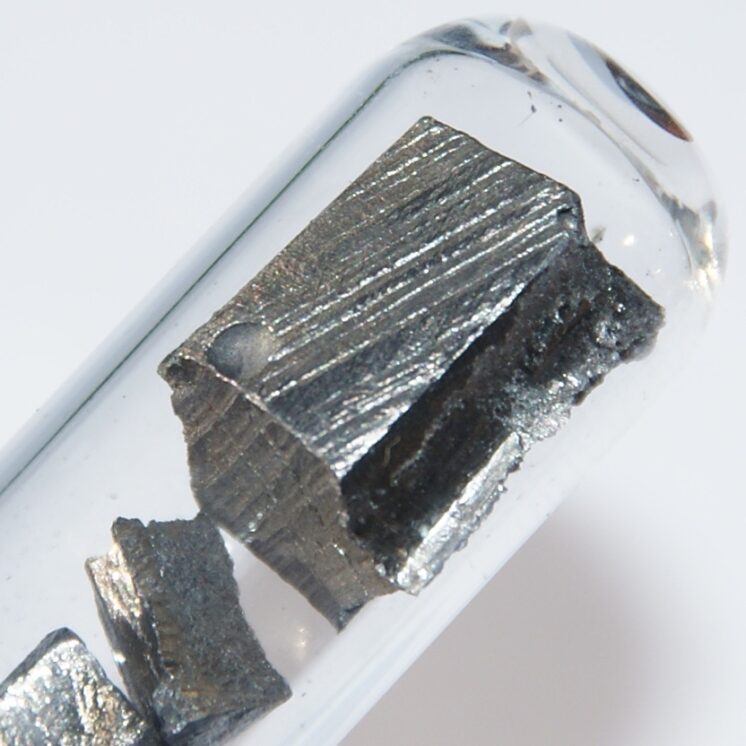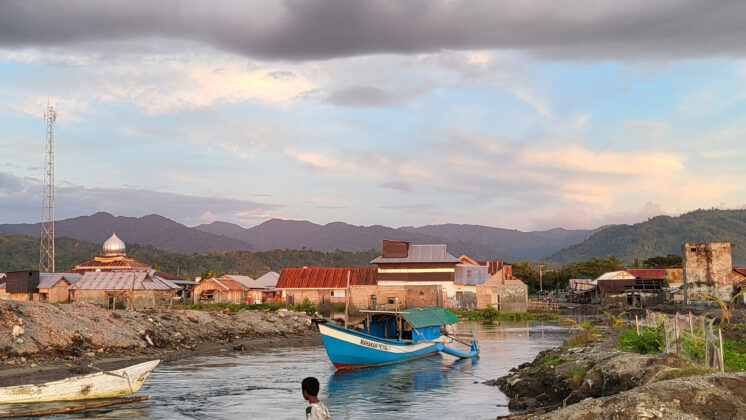he idea that human rights and ecosystems can be sacrificed to mining in the name of “solving” climate change, while at the same time mining companies profit from an unjust, arbitrary, and volatile transition is the definition of what academics, communities, and organizations call “green extractivism.”
 Photo: "File:Ultrapure neodymium under argon, 5 grams.jpg" by Hi-Res Images of Chemical Elements is licensed under CC BY 3.0
Photo: "File:Ultrapure neodymium under argon, 5 grams.jpg" by Hi-Res Images of Chemical Elements is licensed under CC BY 3.0 Dispossession, systemic racism, patriarchy, corporate power, and impunity are part of the (Neo) colonialism that encourages such extractivism.
A new report produced by War on Want highlights several things on what they call “extractivism” and explores available alternatives. The first part of the report lays out what minerals belong to transition minerals and how the mining industries operate. The second part discusses the environmental and social conflicts and human rights abuses related to transition mineral mining. Grievance mechanisms available, and what is missing is discussed in the next part. The last part talked about the transition to not only a circular economy but a circular society.
The report also includes two study cases from Indonesia and the Philippines, two of the biggest nickel reserve countries. Anti-mining activists in the Philippines, particularly in the grassroots, suffer human rights abuses –harassment, criminalization, forced displacement, and cyber-attacks. While the nickel mine in Weda Bay, Indonesia, which will use DSTP would threaten the marine ecosystem and local community’s subsistence. Such mining also results in conflicts for land.
Download the report here.











